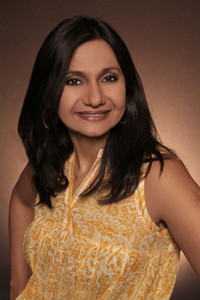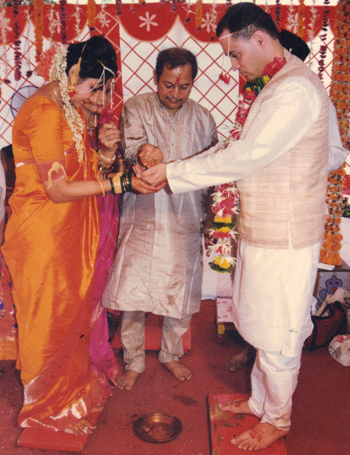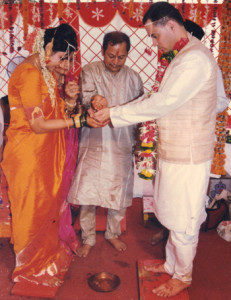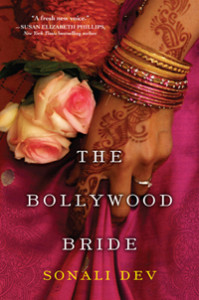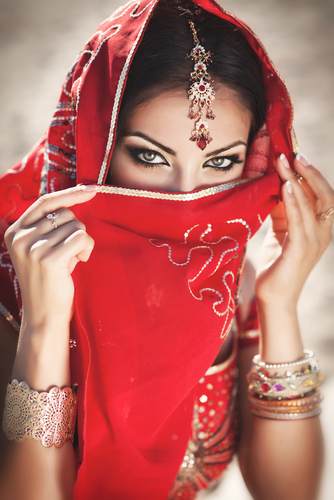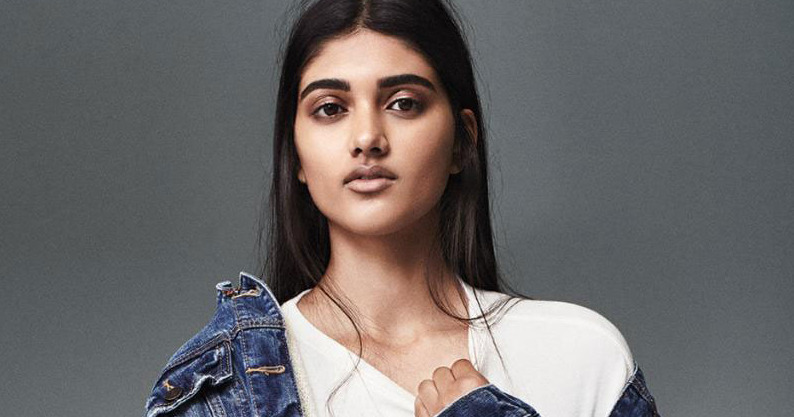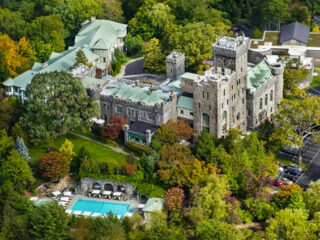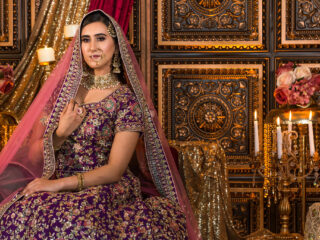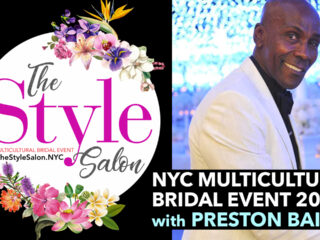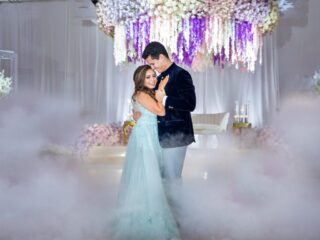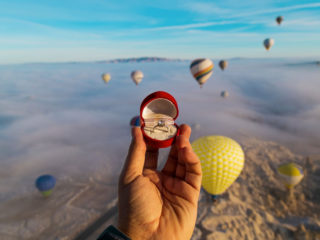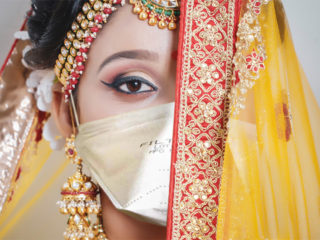Part 1
As an author who writes Bollywood style love stories, I get asked all the time how I could have done something as pragmatic and unromantic as having an arranged marriage. I plead guilty only to one half of that accusation.
At sixteen I knew exactly who I was going to marry. At twenty three I realized that wasn’t how things were going to turn out. When it takes you your entire young adulthood to realize that your soulmate isn’t, well, your soulmate, it’s not exactly like you’re heartbroken or anything. What you are is ready for a fresh start. Hungry for it, even. And determined that this time your soulmate is going to snap in place against your half of your collective soul and stay there. And this time you’re ready to do whatever it takes to make sure that the fit is tight and more vitally, unbreakable.
But that wasn’t quite the answer I could give my parents, my grandparents, my aunts and uncles when they asked what exactly I was looking for in a life partner. How do you tell those who changed your diapers and consequently earned the right to live vicariously through your youth that permanency, constancy, essentially a guarantee was what you were seeking, when “handsome, smart, and rich” was so much more exciting, not to mention easier to look for. It was hard enough to convince my friends and family that I, their little feminist, their perpetually soapbox-perched firecracker, was actually asking for help with seeking a husband.
Even though I grew up in Mumbai, India, a couple decades ago, I was not raised to believe that arranged marriage was my only option. It was, in fact, widely regarded in my family as a fairly regressive, cop-out option. None of my cousins or friends had arranged marriages. My grandmother, who was one of the first ‘lady doctors’ in pre-independence India had married a man of her choosing in a grand romance and elopement. My cousins and friends responded to the news that I was actually entertaining the thought of letting my parents look for a husband for me with an intervention, much like one they might have staged had I been on drugs.
What they failed to consider was what we authors call ‘backstory.’ My seven-year long on-again-off-again failed relationship notwithstanding, my grandparents grand romance had ended in a marriage that simmered with silent rage for a good five decades, while my parent’s arranged one had ended in a marriage that remains to this day my most sterling ideal of what marriage should be. This was my baggage when I made my decision.
My mother’s first reaction was to list all my friends who happened to be male as possible romantic interests. “What about X, he’s a doctor and so handsome?” “What about Y, he’s been sweet on you since tenth grade?” But I was determined, even in the face of ominous warnings. “With your upbringing you could never handle the chauvinistic arranged marriage scene!” (Yes, there is a scene.) And the shock. “Are you crazy, why would you want to marry a man who can’t find his own wife?” (Yes, the irony.) As for the chauvinism, in my startling naiveté I actually hoped for someone to demand a dowry so I could throw them out on their behinds while teaching them a lesson or two. What was the point of doing something so very off-the-wall if I couldn’t fight and fell a few social dragons along the way? As for the shock, well, how else was I going to meet men with the express guarantee that they were in it for the long haul?
But the naysayers had been right. The path to an arranged marriage wasn’t exactly lined with exciting battles against dowry seekers, or with men eager for the long haul. Unlike my mother, whose spectacular debut on the arranged marriage scene resulted in my father wanting to sell his soul for her at first sight, I paraded myself in front of a dozen men without quite the same results. Yes, I refused to do my hair or wear lipstick. Yes, I spoke my mind and showed them the “me” who was looking for unconditional acceptance, not the “me” who wanted to reel someone in and then reveal my full splendor, bit by bit (as advised, in all sincerity, by one of my aunts). What was the point of turning this most romantic quest for a soulmate into a transaction if I couldn’t at least be honest?
The truth was, I wanted what everyone saw as transactional to be romantic, I wanted a man to take one look at me, at my unbrushed hair, my unpainted lips, my unvarnished opinions and love them enough to take the leap with me straight to the altar. I wanted true and high romance in the context of an end goal.
Spectacularly ambitious idealism has always been my greatest boon and bane rolled into one—it’s no wonder that I write romantic fiction. And the arranged marriage quest tested it to its fullest. And while I ended up exactly where I wanted, the road there wasn’t quite what I had expected.
